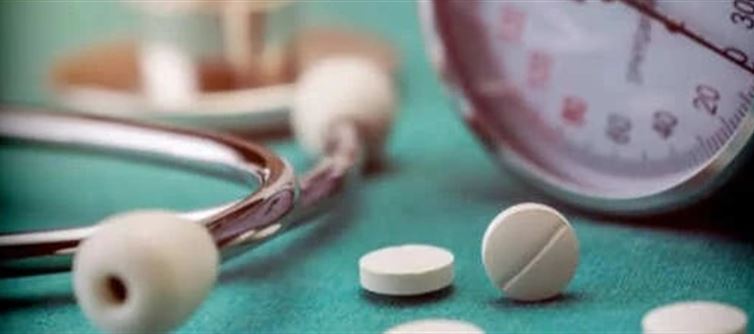
High blood pressure, according to doctors, puts additional strain on your heart and blood vessels. Medication helps lower blood pressure, which lowers your risk of developing these harmful disorders. However, when ought one to take it?
According to studies, taking your medication at night rather than in the morning lowers your overall risk of dying from heart disease by at least 45% and improves blood pressure control without sacrificing daytime blood pressure control.
The reason taking blood pressure medicine at night may be more successful is explained by the notion of chronotherapy, which considers the circadian rhythms of patients to optimize their reaction to medications. Body functions that react to light and dark and run on a 24-hour cycle are known as circadian rhythms.
Experts say that blood pressure rises in the morning and continues to rise throughout the day. It tends to decline again, by roughly 10–20%, while you are sleeping. Some people with high blood pressure, however, experience various blood pressure behaviors. Some blood pressure medications, such as water pills or diuretics, are also known to increase the frequency of your bowel movements. You may have trouble sleeping if you take those at night. However, depending on your body's pattern, some medications, such as beta-blockers, ACE inhibitors, or ARBs, may also be more appropriate for usage at night.
Do you have a non-dipping bp pattern?
Experts advise having a 24-hour ambulatory blood pressure monitor on hand, which can help you keep track of your blood pressure both during the day and while you're sleeping. Evening doses can be more beneficial if your blood pressure does not decrease at night.
Other things that blood pressure medicines affect on:
According to doctors, taking your medication consistently and on a regular basis will maximize its effectiveness. It could backfire if you miss the doses. Therefore, before altering the dosage, timing, or skipping it, always get your doctor's approval. If your blood pressure remains above even after taking medication, you can use the following conclusions:
Steer clear of diuretics at night.
Always take your medication on time.
Eat a fresh, healthful diet at all times.
Regularly work out
Don't skimp on sleep.
Try using yoga and meditation to help you decompress.




 click and follow Indiaherald WhatsApp channel
click and follow Indiaherald WhatsApp channel